featured Articles
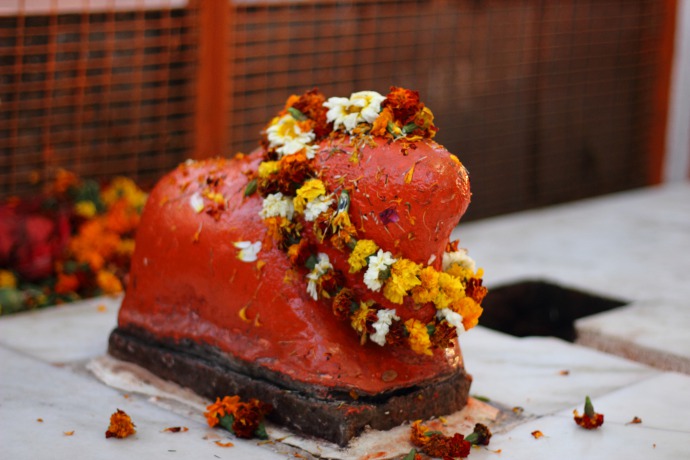
How I Did It: ‘The Cattle Farmer’s Tale’
Imagination, being by definition un-willed, often comes in unexpectedly, the result of some chance encounter or coincidence. We can’t will ourselves into a genuinely imaginative space. We can work with what imagination provides – uncover the form, improve the syntax, work to complete the poem – but imagination itself is uncanny, unbiddable. Imagination always takes…
Read More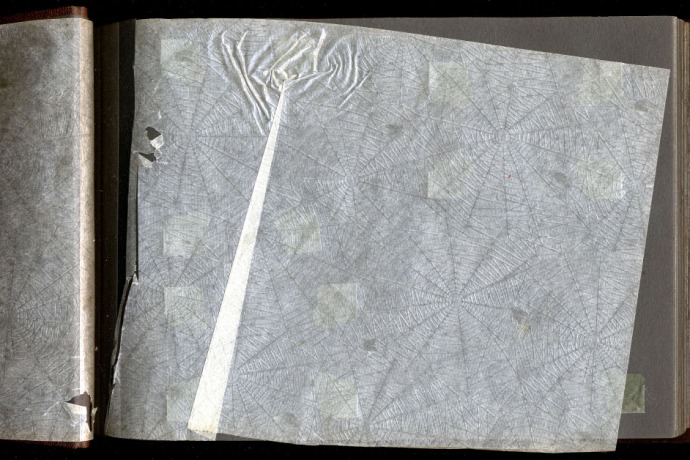
‘The Garage, Tours’
As to what’s here, I can give you some idea: Various artifacts that Grammie brought back from the Philippines – probably one box All part of life’s rich tapestry. Shoes and clothing – probably at least two large boxes or equivalent You can tell a man by his shoes. Your Dad’s…
Read More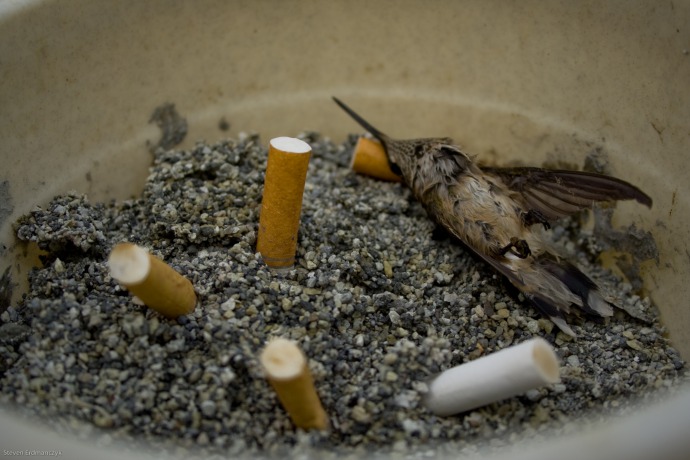
‘Globalization Detritus’
Quivering pedal steel Green-winged dove Dilapidated keyboards from an ancient Commodore 64 Hendricks and tonic with a twist Failed expectations Dinner guests arriving early Maasai warrior with 3rd gen. iPhone Heavily-marketed ISIS You Tubes Traffic oceans on the 101 North Impossible bouts of insomnia Pre-planned pregnancies Unfortunate haircuts Hammond organs Cosmologist at his wit’s end…
Read More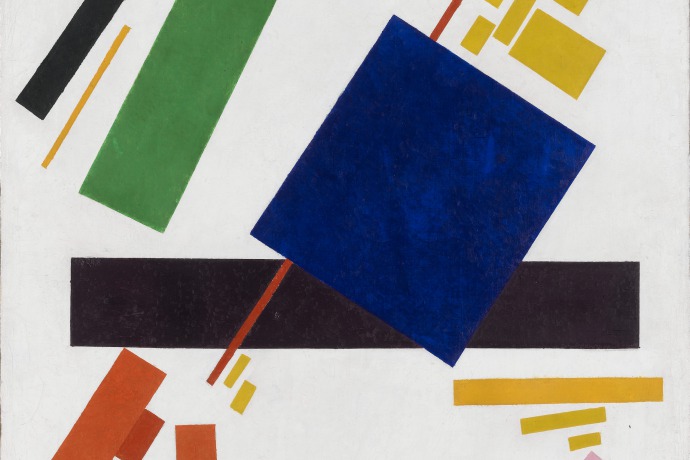
Prose Poets: ‘Of Abstraction’
It’s one of the great, gratifying surprises to discover that Dr Johnson was an Objectivist. Epochs ahead of his time, he extols in his 1755 dictionary the virtues of paying attention to the world itself – the world of objects – in a manner that would surely have met with approval from William Carlos…
Read More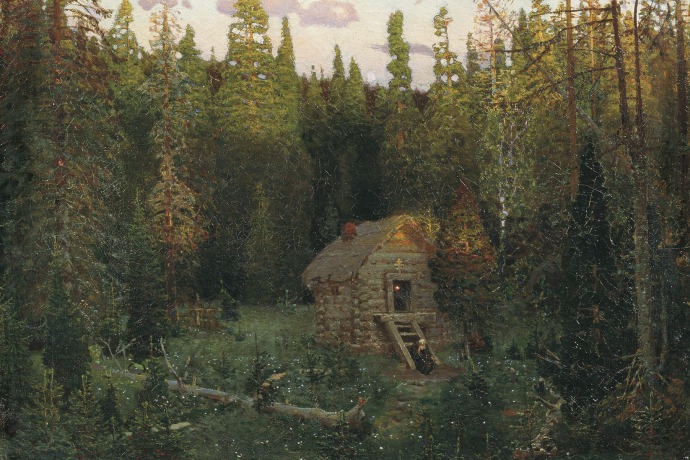
Residents Association
Have you ever been a resident poet? Did your local stately home / barbershop / ironmongers invite you to soak up their atmosphere, talk to their customers and create new poems from the experience? We’d like to hear from you if so … The Poetry School is working on an exciting new project which will…
Read More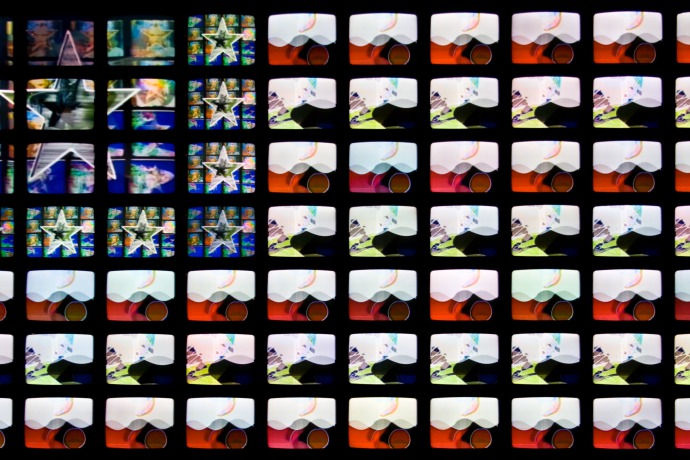
Prosodies in the US & the UK: A TransAtlantic Coda
When Kathryn and I started our residency, the one topic we were sure we would discuss was the difference between the poetry scenes in the US and the UK. Of course, that never happened—it’s like how the song you buy the album for becomes the song you start skipping first (well, before iTunes). So here…
Read More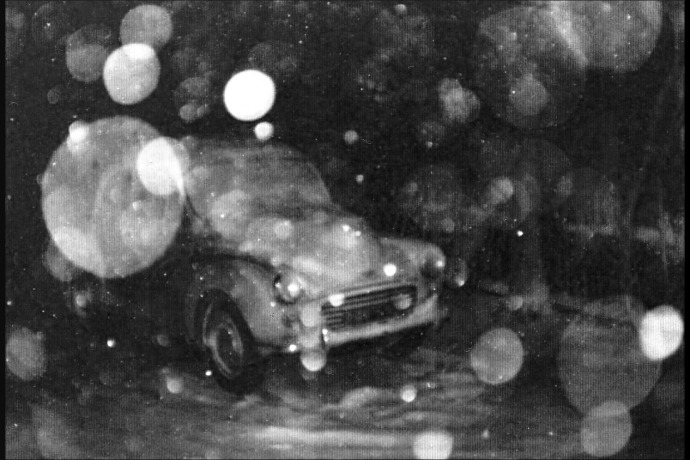
How I Did It: ‘How to Renovate a Morris Minor’
I was having a conversation this week with a brilliant Welsh poet, who’s currently at work on his second collection. He said something about his creative process which resonated strongly with me: he was working hard, he said, to get to the stage where the poems wrote themselves. That’s always been it for me: the…
Read More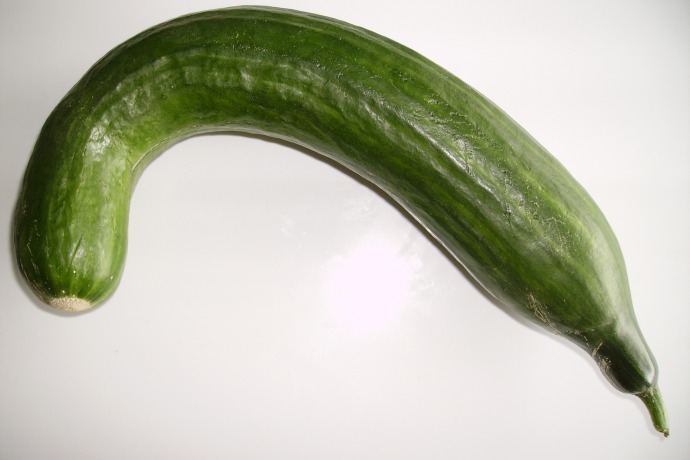
‘Sex Education’
When I am asked what I most want to be when I grow up, I think about sex education: to my fourteen year old body hauling itself to the cafeteria, where Mister Jacobs takes the girls and plays film stills of mutts devouring meat outside a butcher’s. In the next room, the boys are handed…
Read More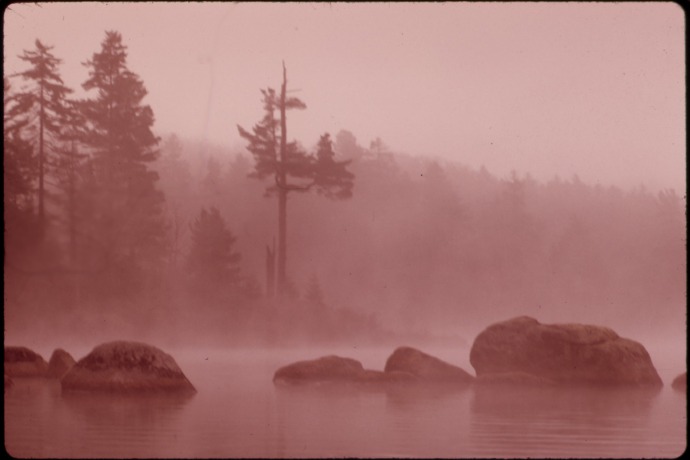
‘The Drowners’
They will step into you – first a toe, then the ball of a foot. Some will come clothed, though most will leave something behind – a tell-tale coat, a pair of shoes. They will make it seem easy, as if they are stepping into nightfall – not even you, nor the eye of a…
Read More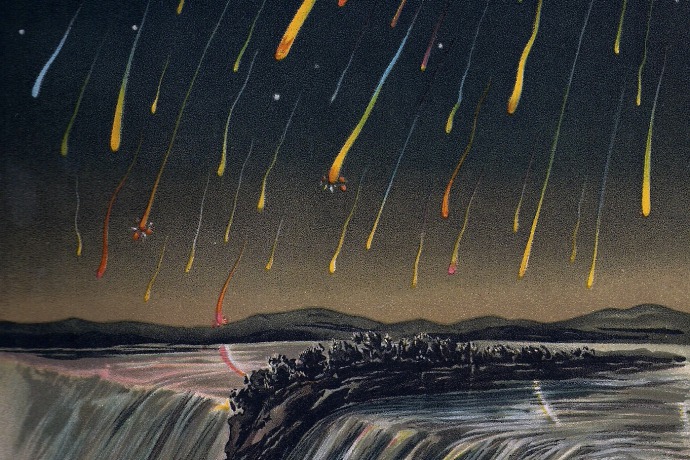
Lo and Behold! It’s our new micro-commissions…
Last year, the Poetry School launched ‘Lo and Behold!’ – a fund to support innovative poetry creation and promotion projects. From more than 150 submissions, five projects have just been selected and are about to start work. ‘Lo and Behold!’ was designed to fund projects that explore new ways of creating or promoting poetry –…
Read More
Poetry and the Brain: an interview with Helen Mort
An Interview with Helen Mort
Hi Helen! Tell us about your upcoming course, ‘Poetry and the Brain’. It seems a far cry from Division Street… Helen: For the past three years, I’ve been studying for a PhD at the University of Sheffield, thinking about whether neuroscience and contemporary poetry might have anything interesting to say to each other. It turns…
Read More
‘The Poetry of Money’
Check down the back of your sofa for coins, what do you find? Coppers, shrapnel, cents, francs and thrupenny bits? Your handful of change could be the basis for a handful of new poems – The Poetry of Money is a forthcoming workshop with Claire Crowther. Claire is the current poet in residence at the…
Read More
New Year’s Poetry Resolutions
Dear CAMPUS poets, Happy New Year! I hope you all had a restful holiday break. Sadly, my glacier glasses have been packed away, the reading specs are on, and I am now safely ensconced back in our pleasingly overheated offices. It’s not all grey skies and back-to-work, however – we’ve got lots of terribly exciting things…
Read More
Open Workshop: ‘Beyond English – Poems in Constructed Languages’ with Harry Giles
Nadsat, Riddleyspeak, Klingon, Zaum, Lapine, Newspeak: what happens when we take a hammer and nails to language? What happens when we break a language apart, or try to start a new one? Constructed words and languages can be for play and imagination, like Lewis Carroll’s Jabberwocky, and they can be part of a broader political…
Read More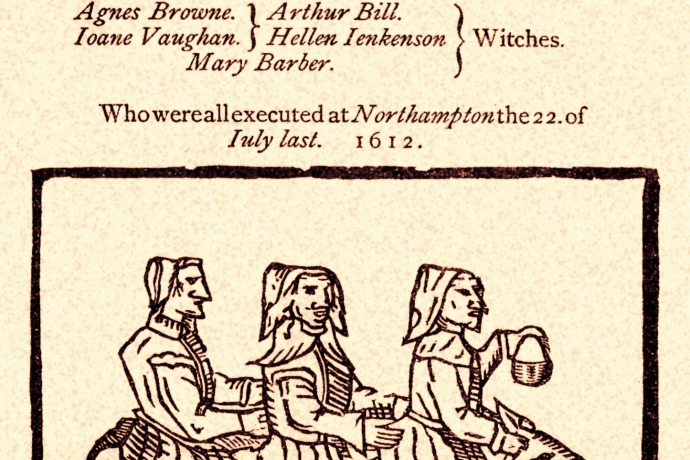
‘Their letters’
1st May 1610 Her letter is pressed from flour-damp breast to Judas-hand Joanna, hides in spinster folds to pass the Hall, makes its way first to lips then nose, Peter eager for the hard-worked scent of her, his Rose with lush, wide petals and soft sticky buds, last pinched and tipped on Hollyn Hill St…
Read MoreWhere It Begins: an interview with Nii Ayikwei Parkes
An Interview with Nii Ayikwei Parkes
Where does a poem begin? How does a poem not exist and then suddenly, miraculously flare into life? This Summer, poet, novelist and editor Nii Ayikwei Parkes will be unpacking what it means to think like a poet. In his new online course, Where It Begins – a course for new poets, Nii will be…
Read More
New Definitions and Neologisms: the Poetry of Dictionaries
Retiring to the canopy of the bedroom, turning on the bedside light, taking the big dictionary to bed, clutching the unabridged bulk, heavy with the weight of all the meanings between these covers, smoothing the thin sheets, thick with accented syllables—all are exercises in the conscious regimen of dreamers, who toss words on their tongues…
Read More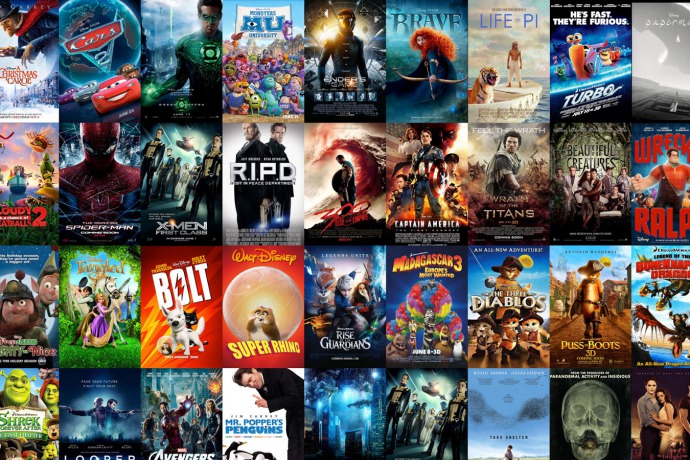
YOU, The Movie – Horror, Western, Romance, Noir and Disaster Poetry
How many films have you watched? Ten? A hundred? I imagine the figure is likely to be in the thousands. All those Sunday afternoon matinees, those trips to the cinema, the Shakespeare remakes shown in class, the teatime classics, the 10pm premieres, and the hours spent on Netflix binges certainly add up. I bet you…
Read More
Where The Heart Is: Notes From A Residency with Age Concern
Being a poet in residence is normally a really fun gig. Be it a virtual or physical residency, you usually find yourself in an interesting and unfamiliar environment. You’re given protected time to write; you get to meet new people; you might get to see inside an institution or organisation that is normally closed to…
Read More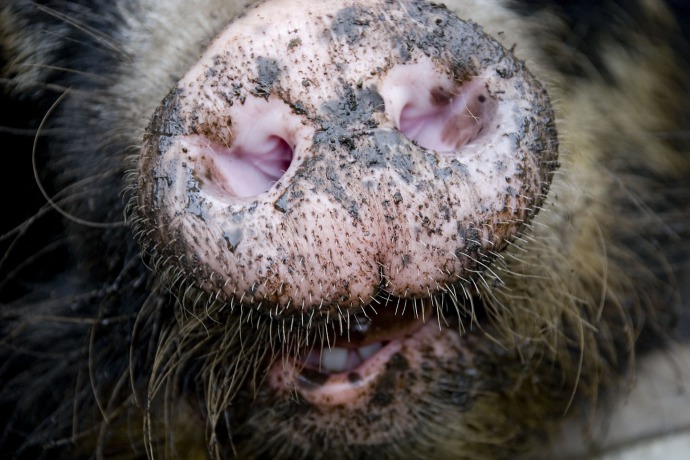
How I Did It: ‘Sow’
Like many of the poems in Black Country, it took a long time for ‘Sow’ to travel from its first notes to its final form. It began as a scribbled note in my diary in May 2010. I was walking along Highgate Tube platform in a new pair of black boots and, hearing them trip-trapping,…
Read More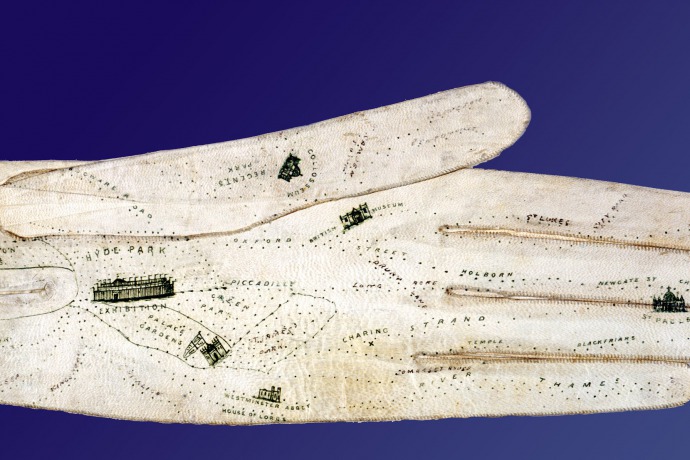
Re-writing the Map
Maps, like poems, can mean different things to different people. If I were to draw a map of my neighbourhood I might include completely different things to my neighbours, or the lady in the flat upstairs. I would be sure to include the homes of the friendlier local cats, the house with the boarded-up windows,…
Read More
Queer Poetics for Non-Queers (or On Exclusivity in Identity Politics)
Queer Poetics II In my last post about queer poetics, I said, “In celebrating queer poets, I don’t think that straight poets should feel that I’m not talking to them”—but I’m not sure that I did a sufficient job of explaining what the value of “minority” poetics might be. Indeed, a wise reader called me…
Read More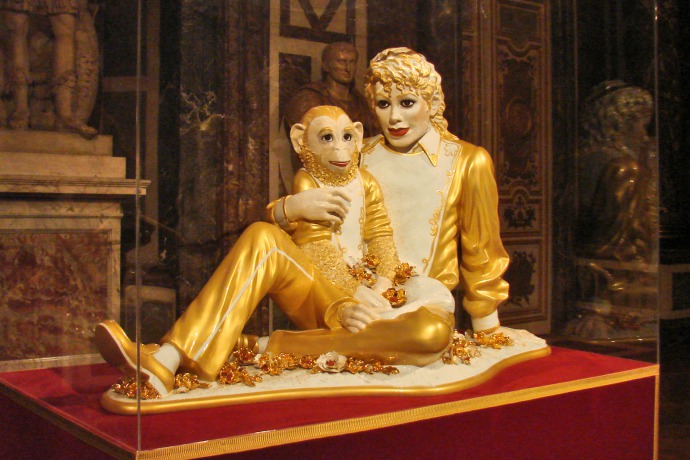
Open Workshop: ‘Crimes and Misdemeanours’
Think of all the rules you’ve heard in poetry workshops: Show don’t tell. Be more concise. Restrain your use of adverbs and adjectives. On this Open Workshop with Kathryn Maris, you’ll be ripping up the workshop rulebook with a roguish disregard for good taste and ‘respectable’ writing. With the help of a step-by-step assignment devised by…
Read More
‘Object Waiting’
COMMENT Natasha Flaw (aka Natalie Shaw) features in Ink, Sweat & Tears, Antiphon, Butcher’s Dog and Prole, amongst others. She can also be found at http://natalieshawpoems.wordpress.com. ‘Object Waiting’ was written in response to Richard Osmond’s Open Workshop ‘Written in Juice of Lemon’, where students were challenged to write a poem designed to be published, broadcast…
Read More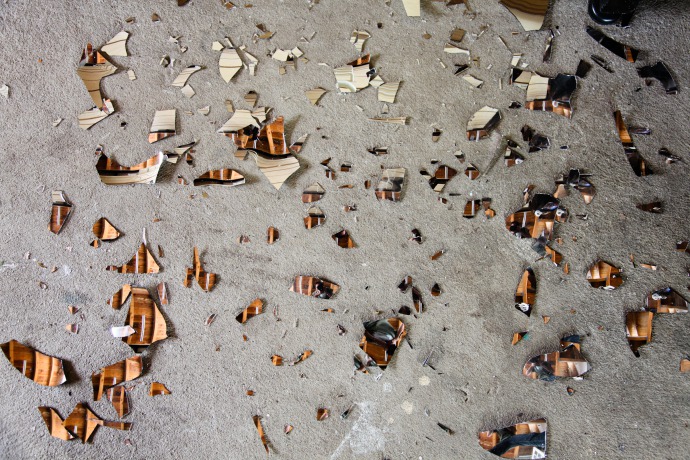
Open Workshop: ‘Mosaics from the Broken Mirror – Writing and Revising the Ghazal’
The ghazal makes unique rhetorical demands on the Western writer. In our latest Open Workshop, Jason Schneiderman will be getting you to think through your ghazals and to explore the multiple ways to revise these modular poems. Do you enjoy finding a hand-crafted wooden puzzle in your Christmas stocking more than a satsuma? Prefer origami…
Read More